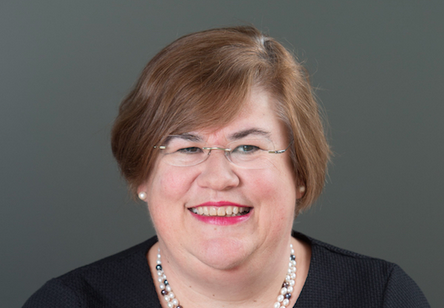The corporate plan for 2018 – 2021 outlines how TPR will focus on key areas of activity, including driving up standards of trusteeship and stewardship, authorising master trust schemes, ensuring employers meet their automatic enrolment duties, ensuring defined benefit (DB) schemes are effectively regulated and working with government to implement the proposals set out in the White Paper on the future of DB schemes.
TPR says memberships of occupational DC schemes now exceed those of private sector DB schemes, with occupational DC membership now at 12.6 million – up by 29 per cent over the past year and by 60 per cent since the start of 2012. In the same period private sector DB membership has declined from 12.6 million to 10.9 million. In addition, there are 16.5 million memberships in public sector pension schemes.
Around 10 million people are now members of master trusts – with over £16bn of assets invested. In 2012 there were around 300,000 memberships of master trusts.
The plan sets out increases in resources to protect pension savers. TPR plans to spend £4.3m more in 2018/19 than in 2017/18, a 5.2 per cent increase. This will help TPR to crack down on sponsoring employers who are not taking their duties towards their pension schemes seriously, as well as launch a new anti-scams campaign to help prevent savers from being ripped-off.
Over a third of headcount this year will be allocated to TPR’s Frontline Regulation team while 16 per cent of staff will work on automatic enrolment and 20 per cent will work on policy and advisory work. During the year, TPR plans to increase its headcount by 12 per cent as a result of its increased workload and remit.
TPR chairman Mark Boyle said: “The pensions landscape has been changing significantly. We are meeting this challenge by embedding a new regulatory culture and reinforcing our regulatory teams on the frontline.
“In the coming year, you can expect to see us being more vocal about our expectations of those we regulate and intervening quickly and decisively through our wide-ranging regulatory activity and enforcement powers so that workplace pension schemes are run properly and people can save safely for retirement.”
TPR chief executive Lesley Titcomb said: “Our corporate plan sets out how we are becoming a clearer, quicker and tougher regulator. It highlights our wide regulatory remit including ensuring employers meet their workplace pension duties, authorising master trusts, securing funding for defined benefit schemes and a continued commitment to fighting scams.
“By delivering on our eight corporate priorities we will ensure TPR meets the regulatory challenges of the future and will address the biggest risks facing the pensions industry.”
PMI president Robert Branagh says: “We are encouraged to see that specific regulatory initiatives have been introduced to address public concerns arising from pensions stories of the recent past. The protection of members’ benefits from both unscrupulous employers and fraudsters is a crucial objective and the Regulator is sending a reassuring message to the public in addressing these issues.”
AJ Bell senior analyst Tom Selby says:“The Pensions Regulator has come out fighting after something of an annus horribilis which has seen it face stinging criticism for its role in the BHS scandal and the recent failure of building firm Carillion.
“While some of this may have been justified, TPR’s budget remains tiny when you consider the vast landscape it is required to monitor. This undoubtedly limits its ability to ensure all savers in the schemes it regulates are protected all of the time.
“With the UK’s smallest employers now part of the auto-enrolment landscape and further company failures inevitable as the UK high street continues to suffer, TPR’s job isn’t likely to get any easier.
“In this context, chairman Mark Boyle’s pledge to be ‘more vocal’ in communicating its expectations of those it regulates makes sense. The regulator has to compensate for its lack of resources somehow and by roaring like a lion it will hope to convince those it polices it is more than just a kitten.”
